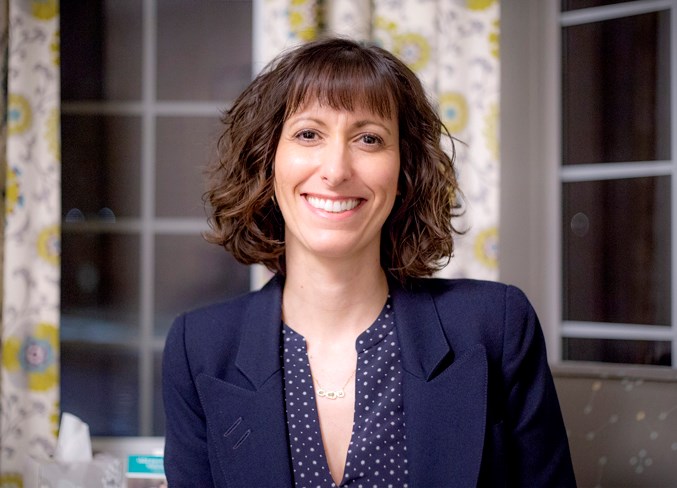When Nicole Imgrund became a hospital chaplain over a decade ago, she was alarmed to find the profession wasn’t regulated. Anyone could waltz into the facility and provide spiritual care.
“I was really amazed that there wasn’t regulation of us. Obviously people are in very vulnerable positions,” she said.
Imgrund was also getting education in psychotherapy counselling at the time. She decided to enter the realm of counselling as a career shortly after working at the hospital, but discovered that occupation wasn’t regulated either.
An interconnected web of unchecked professions began to emerge, from marriage counsellors and youth and child counsellors to addictions specialists and family therapists.
Comparatively, there are 30 medical professions – such as psychologists, dentists and social workers – that are all regulated under the Health Professions Act.
Imgrund said she was confused as to why the vocation, which helps people in their most vulnerable state, wouldn’t have a set of provincial standards holding professionals accountable.
As a result, people who would see an untrained counsellor would often leave distrusting the whole counselling system, she said.
“We know it’s so important and such a critical part for so many people for their mental health and wellness, and recovery from mental illness. It’s painful for me to hear that people lost confidence in it and didn’t get the help they needed," she said.
A time for change
After 15 years of advocating for systematic change, on Tuesday a piece of legislature was introduced that would see her dreams actualized.Imgrund, who is a counsellor at Rivers Edge Counselling in St. Albert and chair of the Federation of Associations for Counselling Therapists in Alberta (FACT), has been working with the government on forming the bill.
If passed, the Mental Services Protection Act would create the College of Counselling Therapy of Alberta. The college would serve as a watchdog by ensuring standard practices are being met.
Counselling therapists would also be brought under the Health Professions Act.
It would also mean only those with proper credentials can call themselves counselling therapists, addiction counsellors, drug and alcohol counsellors, and youth and child counsellors.
FACT Alberta would be involved in creating the college, which Imgrund hopes will be formed next year.
A long time coming
Imgrund said it was an unbelievable moment when she found out the bill was finally going to be introduced.As she sat in her office at Rivers Edge Counselling Tuesday evening, her voice hitched as she reflected on the achievement.
“It’s hard to believe it’s not something I need to keep convincing people of,” she said. “A lot of things really came together in the last few years for us.”
Like many other FACT members, Imgrund has spent long hours apart from family and friends while advocating for change. Her husband went with her Tuesday evening to see the bill introduced.
“It was really an emotional moment,” she said. “I felt a lot of gratitude for just how many people have committed themselves to it and have given up time with their families and from their jobs, just because they knew it was the right thing to do.”
Marie Renaud, NDP MLA for St. Albert, was also a driving force behind the bill. Renaud pushed hard to get the piece of legislation before the government.
“It was very clear when FACT Alberta laid out the dangers of not doing this, that essentially a well meaning person can hang up a shingle and say, ‘Hey we provide addiction counselling,’ ” Renaud said. “It was very clear very quickly that this is something we had to do.”
If the bill passes, more than 5,000 professionals will be impacted.
Under the legislation, service operators of residential addiction facilities will also be required to have an operating license. The license will need to be renewed every four years.
Alberta is the first province to regulate addiction counsellors and the fifth province to regulate counselling therapists.




